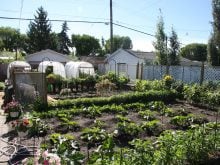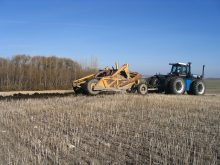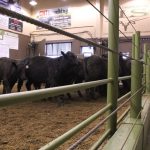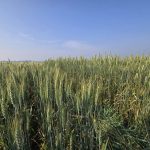Canada’s canola seed industry has a new player vying for coveted farmer dollars.
Nuseed has registered its first Canadian hybrid and is selling it to farmers in 2020. The company’s NC355TF hybrid was developed using Australian genetics.
“It’s exciting to be able to bring something new to a Canadian farmer. It’s not a retread. It’s not ‘same-as’ genetics,” said Nuseed North American marketing lead Roger Rotariu.
“These are brand new products that are built and tested for Western Canada and the Northern Plains of the United States.”
Read Also
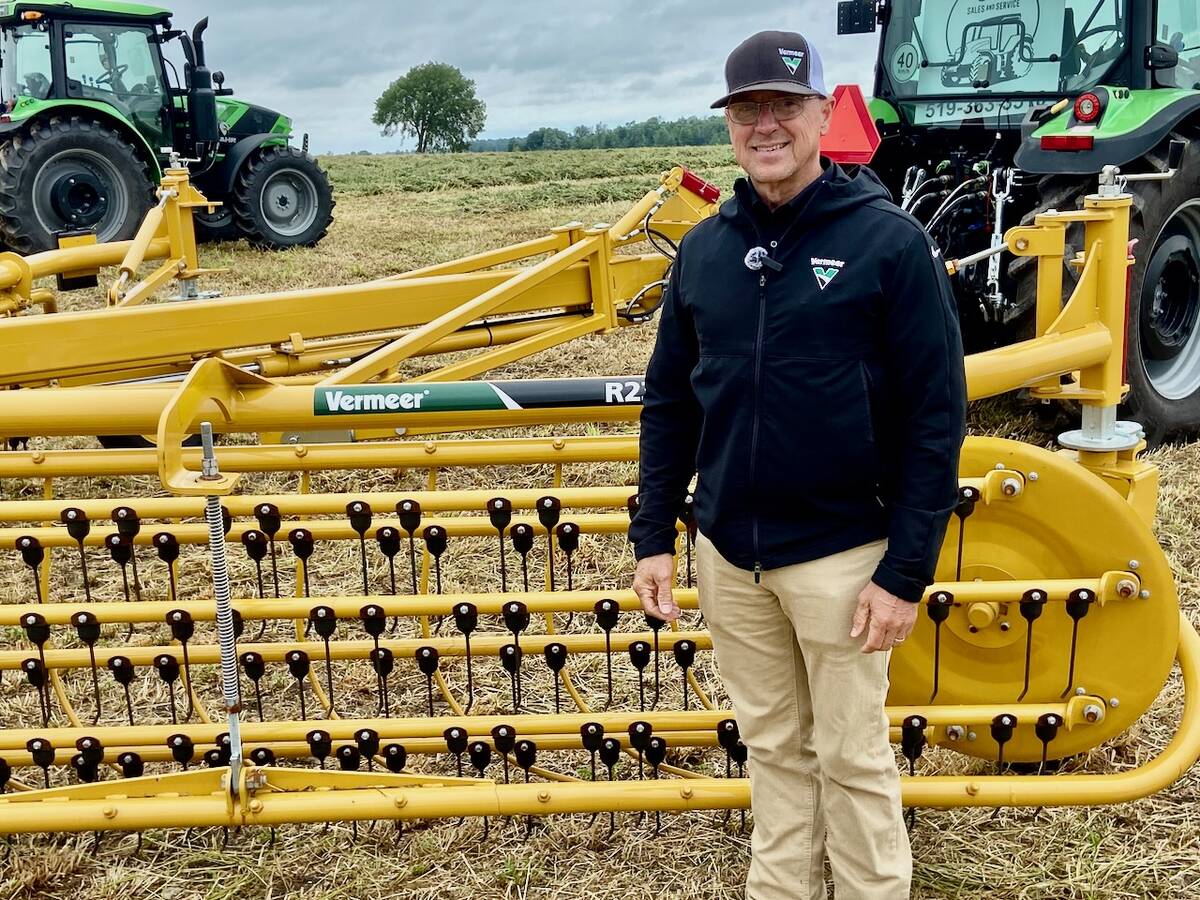
Basket rakes pitched for top-quality windrows
Boxy, clean windrows help make better hay bales for livestock farms and forage growers, and a basket rake excels in those areas, says Bart Elder of Vermeer.
Nuseed is a division of NuFarm, an Australian company that controls slightly more than 50 percent of the canola business Down Under.
The company has spent the last handful of years field-testing its Australian varieties in trials ranging from Fort Saskatchewan, Alta., to Morden, Man.
It decided to make its foray into the Western Canadian market with NC355TF due to its solid yield potential and good early emergence.
The variety contains the TruFlex trait, the latest Roundup Ready technology and will be marketed by Federated Co-operatives Ltd.
It will be planted on tens of thousands of acres in 2020. The company anticipates having two or three other offerings next year.
Dave Carey, vice-president of government and industry affairs with the Canadian Canola Growers Association, said Nuseed is a welcome addition.
“It’s great to see a new player enter the Canadian market,” he said.
New entrants mean new ideas, innovations and genetics.
“I think what will garner attention is it’s not a me-too variety, it’s something entirely different,” he said.
Rotariu said the initial offerings will be commodity canola varieties but in a few years the Australian firm hopes to be contracting varieties containing its Omega-3 oil trait once it receives all the necessary regulatory approvals around the world.
That is an example of the end game for the company, which is to introduce new specialty oil profiles to the canola sector. Its “Beyond Yield” trademark alludes to what the firm is trying to achieve.
“We want to bring attributes to farmers that don’t just equate to yields,” he said.
The company’s Omega-3 oil is rich in docosahexaenoic acid (DHA), which is one of the healthy oils in fish meat. It will be sold for human consumption and as fish feed.
Cargill and BASF are also working on a joint venture to produce and market Omega-3 canola.
Monola is another example of Nuseed’s Beyond Yield approach. It is a high oleic canola oil that is produced and sold in Australia.
Those will be future offerings. In the meantime, the company will focus on introducing new genetics to the Canadian marketplace.
One key thrust is providing “top-of-the-line” blackleg resistance. Blackleg is the biggest yield-constraining disease facing canola growers in Australia.
“If you don’t have a tremendous tolerance to blackleg, you don’t get anywhere in Australia,” said Rotariu.
Blackleg is a disease that’s on the rise in Western Canada. The average disease level across the Prairies has increased to 12 percent over the past few years, according to the Canola Council of Canada.
The other area of agronomic focus is maturity because plants in Australia have to mature much earlier than in Canada.
“Traditionally, the genetics there are a good week earlier than what we would be used to here in this marketplace,” he said.
Western Canadian field trials have shown that Nuseed’s genetics are “significantly earlier” than check varieties while maintaining equivalent yields.
Carey said early maturity is something that will be top-of-mind for growers in a year like this when many are still harvesting the 2019 crop in the spring of 2020.
Rotariu said taking on the big companies in the canola business such as Bayer and BASF is a daunting task. Second-tier players typically vie for 15 to 20 percent of the market.
“If you have game-changing genetics or game-changing technology you can change those odds,” he said.
“If we can prove that we significantly made a difference to the yield and profitability expectations of western Canadian growers we’ll go out and we’ll fight the big boys for share.”






